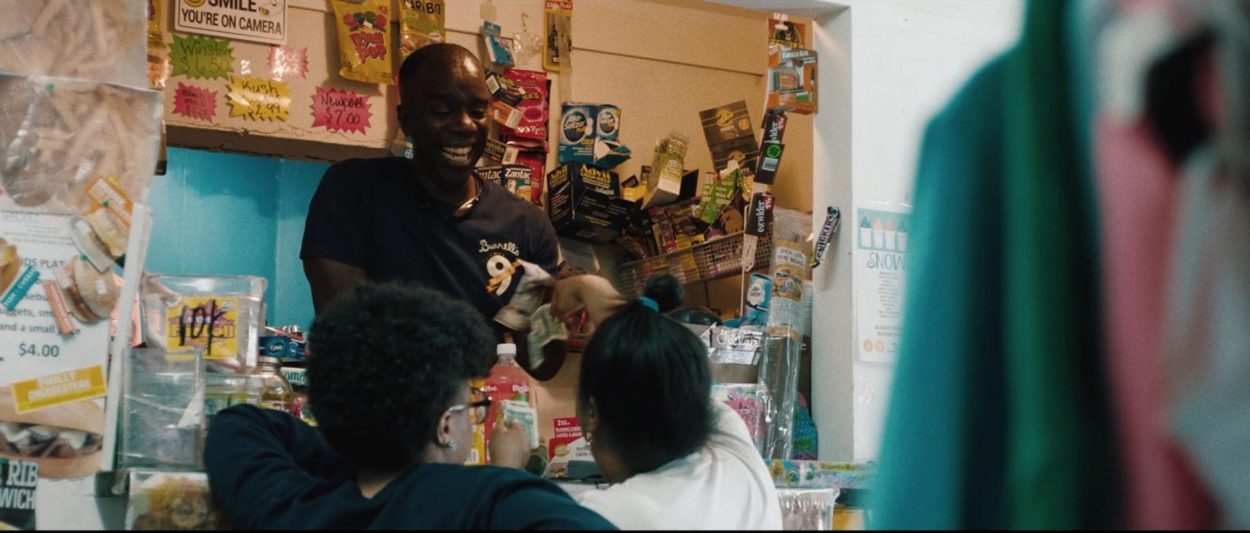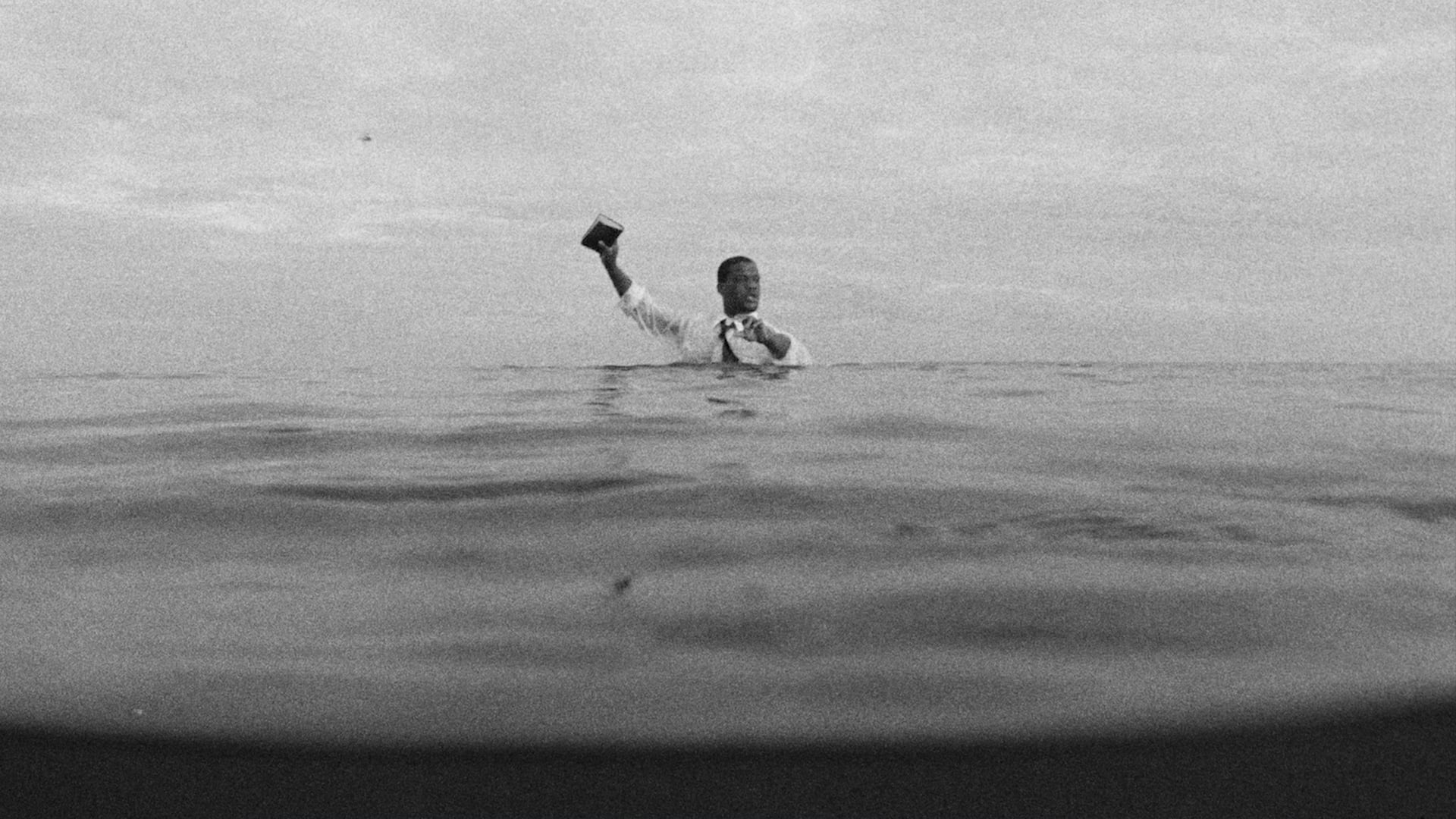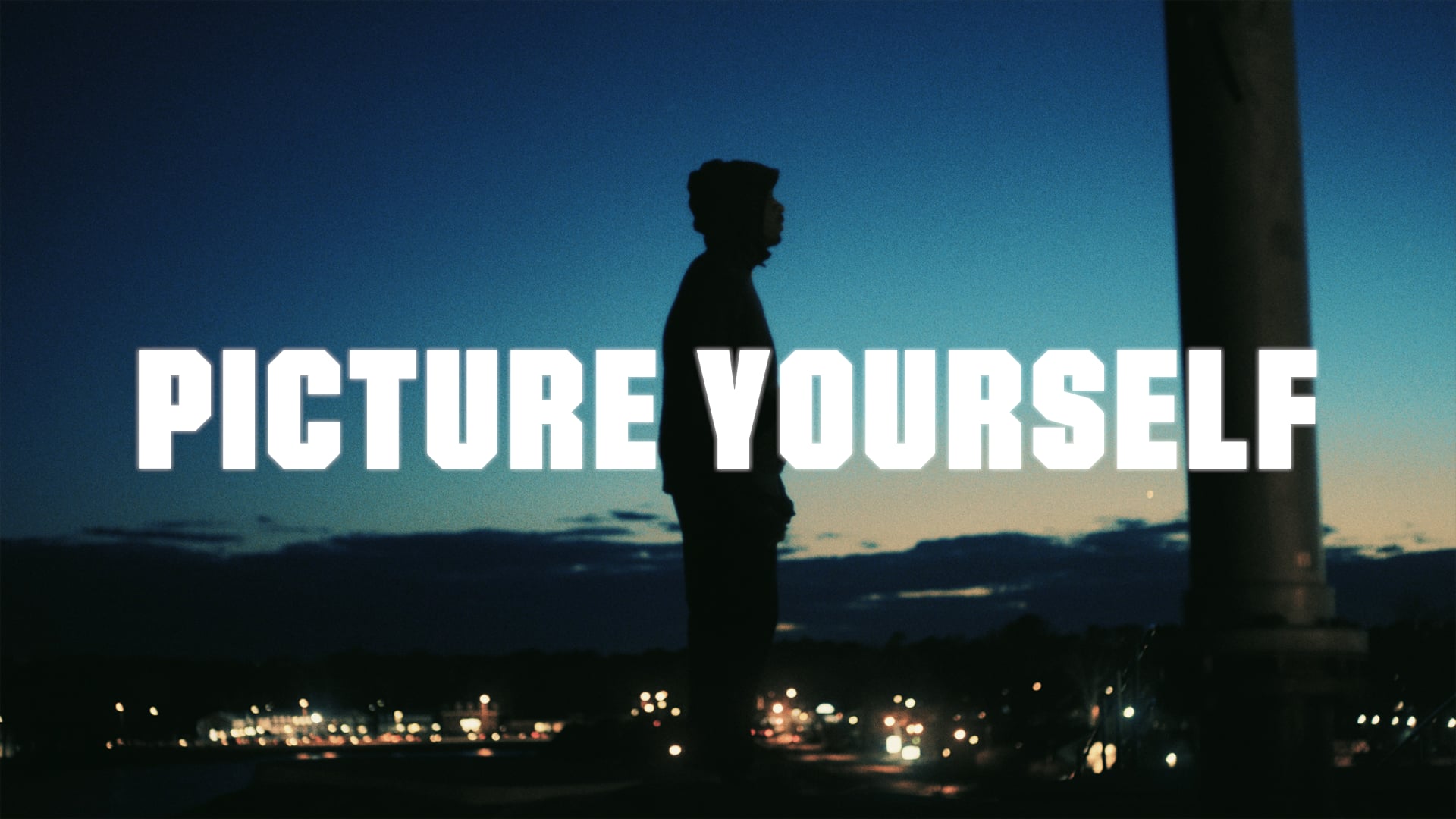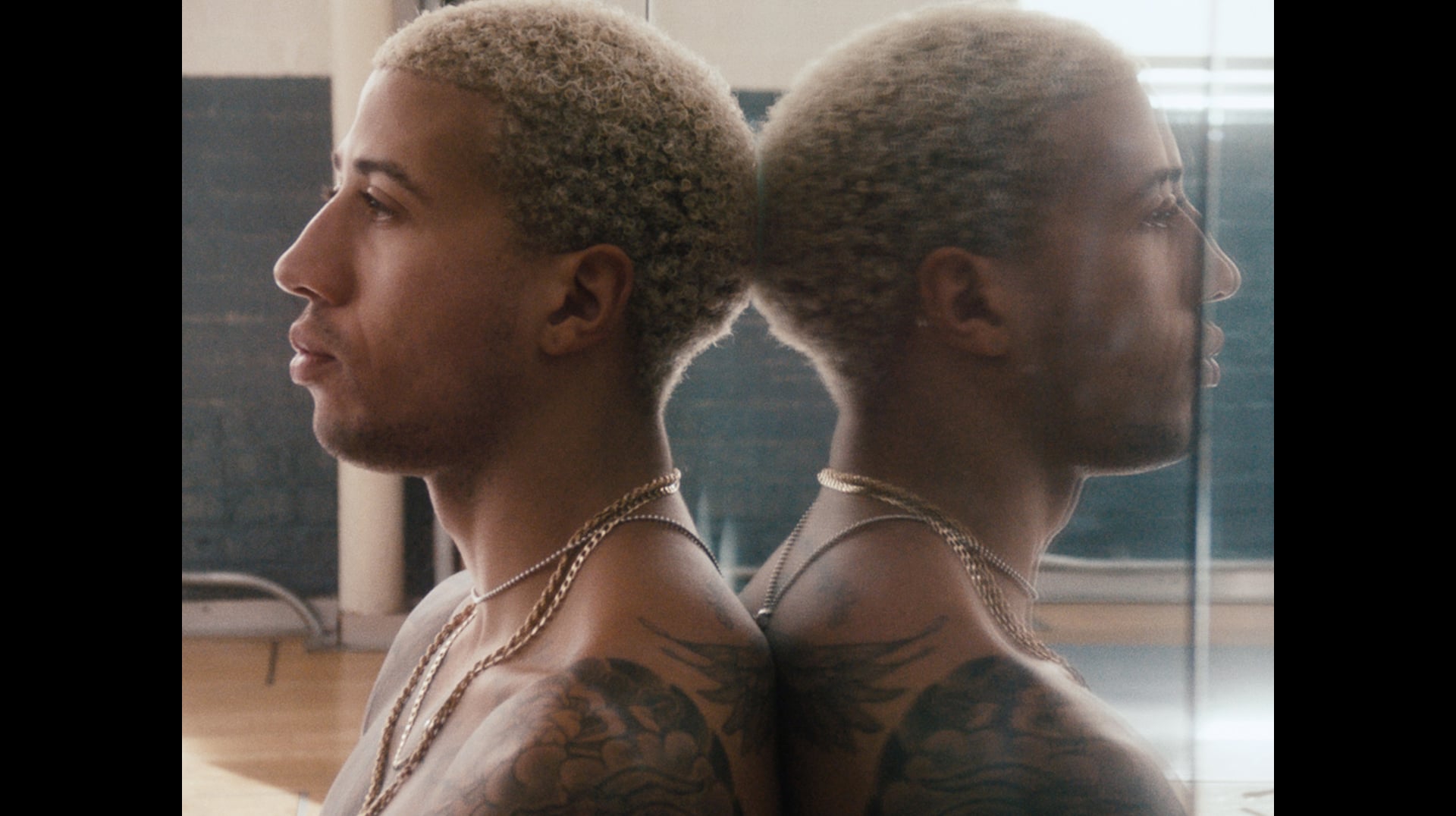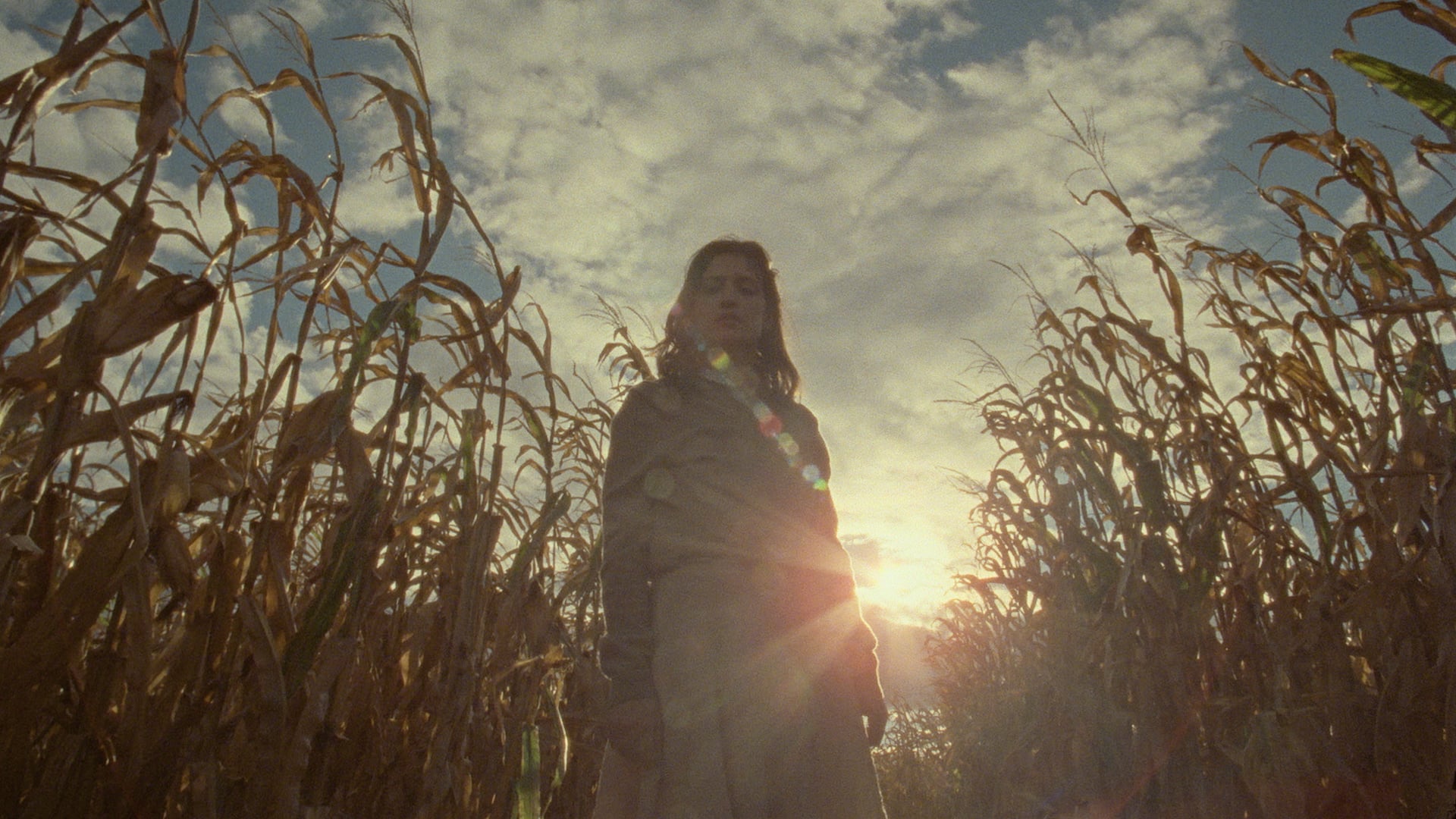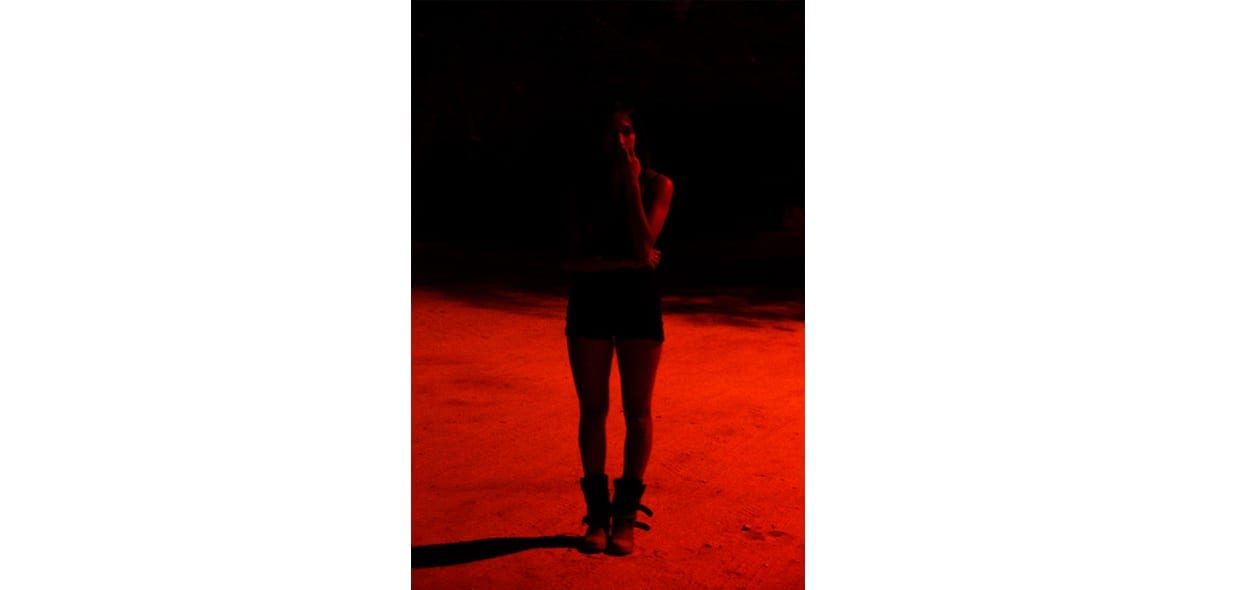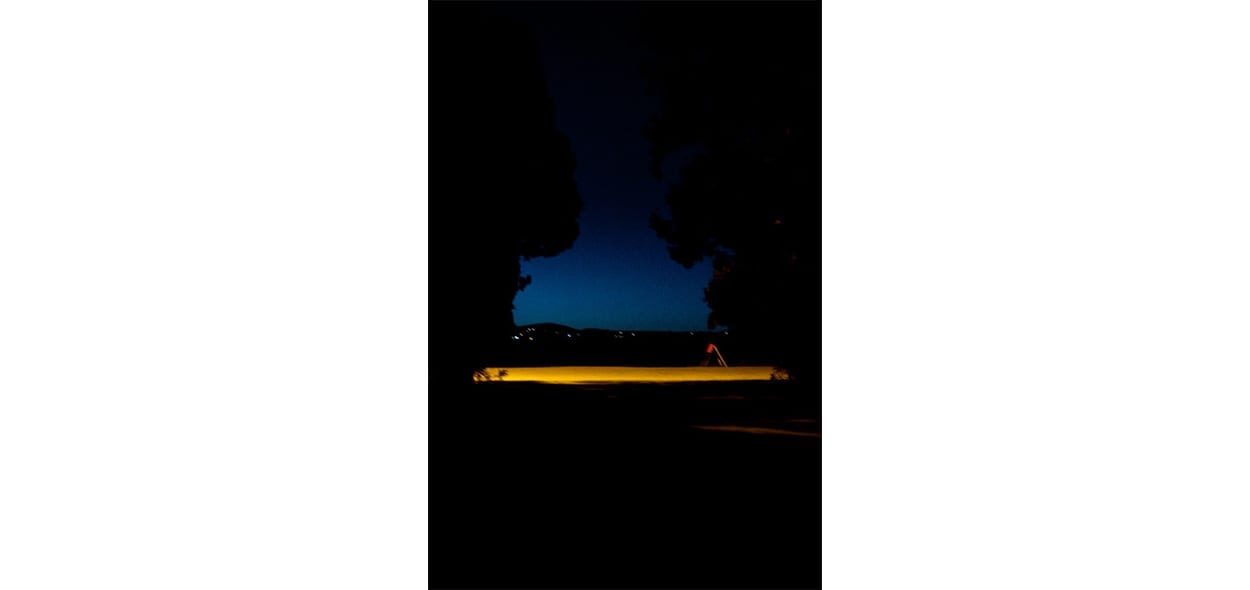Henry, please describe your childhood…
I grew up in Alabama. It’s like a conventional suburban upbringing but with a lot more religion. There were lots of dogs and bee-bee guns and backyard football. I grew up right on the edge of digital line. Facebook was like this new thing in high school but it was really casual. My friend, Blake, got an iPhone senior year and that was like a big “whoa moment” to have everything at our fingertips for the first time, but most of what I remember is just hanging out with friends in like a two mile radius. Goofing off around the neighbourhoods, playing pranks, shooting funny videos for our friends.
There was a lot of creativity in that way of growing up because we had to be. There was nothing worse than being bored. So we were always trying to think of the next thing. What’s going to keep us moving? “How can we entertain ourselves?” was always the question.
What first led you to filmmaking?
I don’t think there was a decisive moment or anything like that. I guess I needed to say something that I didn’t know how to with photography or painting. I don’t remember a decisive moment, and I still don’t feel that directing is the only thing for me. It’s at the right intersection of saying the things I want to say and making a living that allows space to pursue things that interest me. All the stuff kind of swirls together.
Post-experimental years how long have you been directing?
Around two years.
Every frame is very considered in your films especially in terms of angles and lighting, they’re beautifully shot. Where did you learn your filmcraft?
Nowhere and everywhere. I’ve watched some stuff, a lot of stuff, but my film education is really spotty. I don’t read that much. That’s terrible to say, but I really don’t. I don’t know that much about art. But I do think I have a point of view. I’m very sensitive. Everything feels like something to me. I’m always reminded of things. I guess that’s nostalgia. I’m usually trying to express my mood.
Can you tell us please about your usual creative process from getting a brief – how do you visualise your ideas, for instance, in words or sketches?
So I’m thinking about each job in terms of process more now than ever before. If I’m putting the images first, things can go wrong. What if my process for getting those images may be out of line with how an agency is expecting to get those same images? I’m saying “hey I don’t know exactly what this is yet, but I do have priorities and principals that will get us there.”
Being trusted in the process is most important to me. I don’t usually have much of a plan visually. I think my work has gotten stronger visually as I started letting go more and more of the idea of a plan. Sometimes I’ll have ideas about different tools I may want to try out when I’m heading into a job but that has more to do with wanting to learn more about the craft. The visuals will come to you if you’re patient enough to let the story reveal itself before you go all cowboy on it. Usually there is a moment very near the beginning of the shoot or sometimes even on set where the DP and I will be walking around with a coffee talking and then suddenly it’s like “oh…that’s what this film is” or “that’s what it feels like”, then that one idea takes over. There’s very little fuss as long as you’re on the same page about that one idea and you trust and respect each other’s storytelling choices.
Do you collaborate early on with your DPs – we see you like to team up regularly with DP Jeff Melanson and sometimes with Kelly Jeffrey?
I just want to hang out with my friends. Friends make the best collaborators. There’s a freedom to share and go to more creative places because the trust is there. They are two of my good friends. We’re all busy so shoots become a way that we can get together and talk about life. That’s the heart of the collaboration. We’ll have “brainstorming” nights where we just sit down with a few beers and talk about everything in life that’s not the project.
Then through that conversation, suddenly you both can start to see the film because you weren’t looking so hard for it. If you don’t want to hang out with someone, how are you ever going to make something great with them?
Your latest piece, a music video It’s Ok for the Canadian one-woman band Land of Talk, moves your work into a new dimension. How did you find the transition from documentary-style filmmaking to emotive fictional work? And changing from dialogue or voice over to a music track?
It’s OK feels much closer to some of the work I want to be making. I wanted to break away from this doc-style stuff all the time because I felt like I was losing that magical creation part of storytelling where you really build a whole film with a team of storytellers from the ground up. The doc-style stuff is a lot of fun too, but it’s more reacting to something that already exists. I like building a story from the ground up and we could do that with it’s okay. that’s closer to who I am.
Did you work closely with Elizabeth Powell (Land of Talk) on the video’s idea? Love the way how there’s a foreboding feeling to some of the moments in the car, (oh god he’s going to smash the window), but it stays restrained.
It’s a fan video *shhhh* haha, honestly we made it because I connected with the song emotionally and a story pretty instantly came to me. I had to make it. We did it real cheap. It was a backyard project with friends, and that’s why it’s so special. Everyone there put a lot of love and care into that project. That’s what I remember when I watch it now.
There’s a lot of physicality in your doc-stories – there again portrayed with stunning timing and lighting. Where does your understanding of sports come from?
Most shots or sequences from my film that feel very precise or pre-visualized were usually kind of spur of the moment. There’s kind of a scrappy edge to those shots sometimes because you can tell we just used the tools available to us to tell the story. Even if it’s not perfect, we walk away with something really creative because it’s unique to how that moment felt. I did play sports. I still love sports. that probably helps me think on my feet in those situations. I have a solid sense for the way sports move so that takes a lot of guess work out of it when we’re coming up with shots on the fly.
Are most of your films scripted or sometimes do you simply shoot and create the film in the edit?
Both. I like working both ways. Some projects I really enjoy being able to figure out and build everything from the ground up. That’s why I love narrative. Land of Talk was storyboarded and nearly completely timed out before the shoot. I drew and timed the storyboards. Some projects you can’t fully figure out though. With a lot of these doc-style commercial shoots I don’t know what it’s going to be exactly.
I hate grafting a story onto these commercial documentaries before I really have a clue what’s going on. The subjects feel so robbed of their agency. They show up to these things and sometimes we’re just strolling in for 24 or 48 hours waving our arms around like “okay this is the story we decided on before we even met you. Let’s shoot”. I just want to follow the feelings I’m having through the shoot. I may have a guess about what it’s about, but I’m still wading through it. Then once you get on the other side of the fence, you catch your breath and ask yourself again, “what is this story about?” Once you can answer that again, the edit flows way more easily.
Nice to see you are nuts too – We loved Symmetry The Magician. Yaaaay.
I love genre. It’s fun to step into a project and sort of know “these are the boundaries and reference points for a story like this” and then sit down and think about playing within the rules but also making it your own. I’d really love to direct some horror and some comedy. I’m obsessed with both of those genres but I haven’t made enough opportunities for myself to make a lot of work in that space. Hopefully soon.
We hear you’ve signed to Rattling Stick – does this mean you’ll be popping over more regularly across the Atlantic. What’s the dream job? Music video, commercial or content?
Just waiting for the invite. I hope to have opportunities to be creative for a long time. That’s really it. I’m having fun directing commercials, music videos, and small projects, but I know there’s a lot more to explore. I like the idea of swerving through different art forms and genres for the rest of my life.
LINKS
